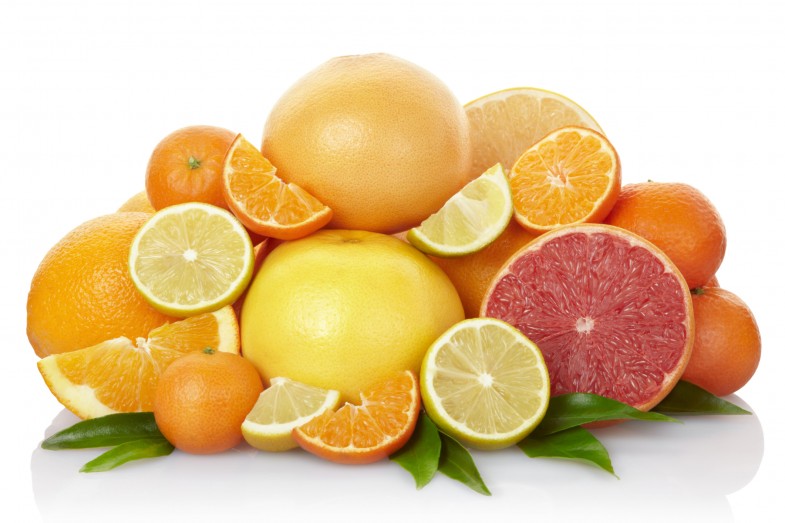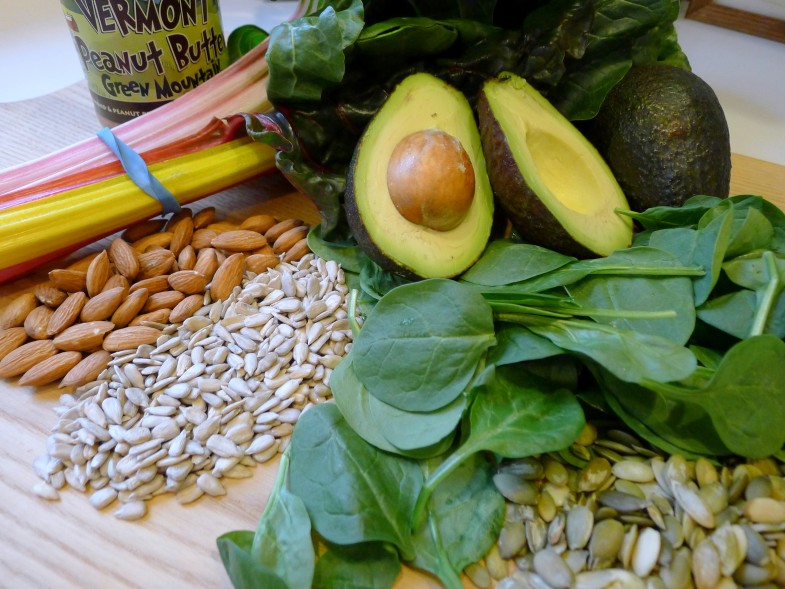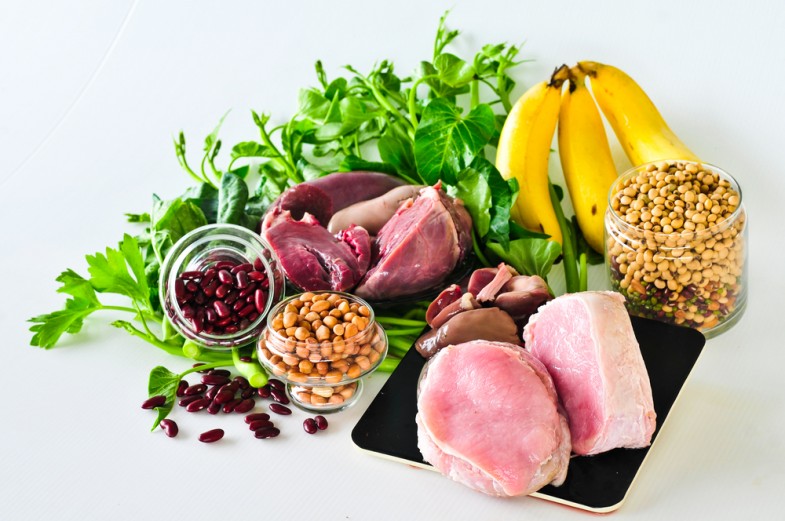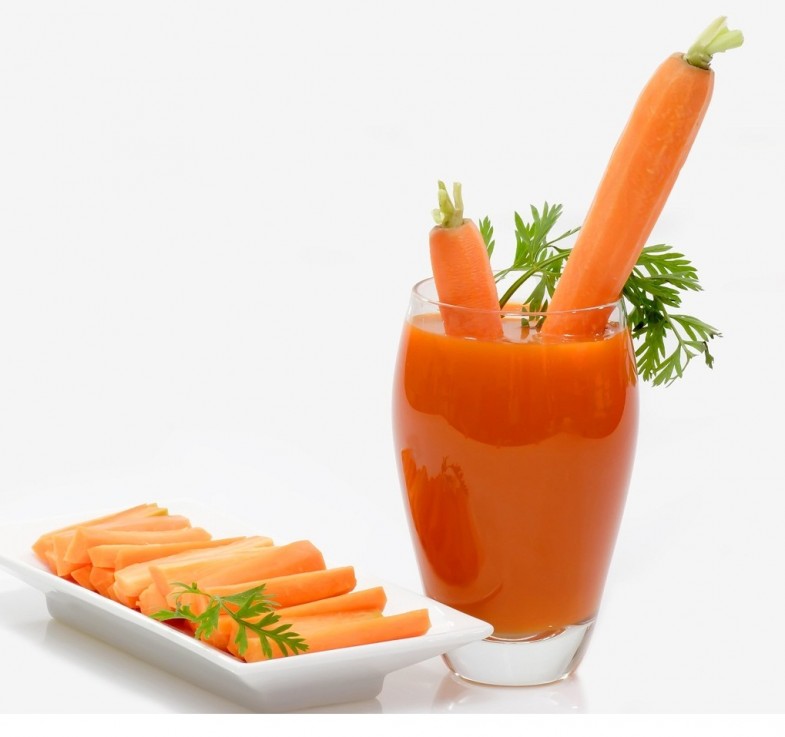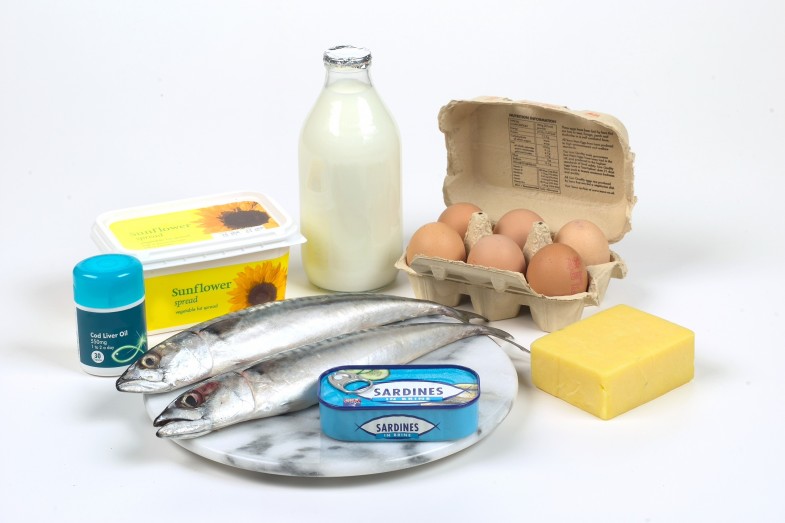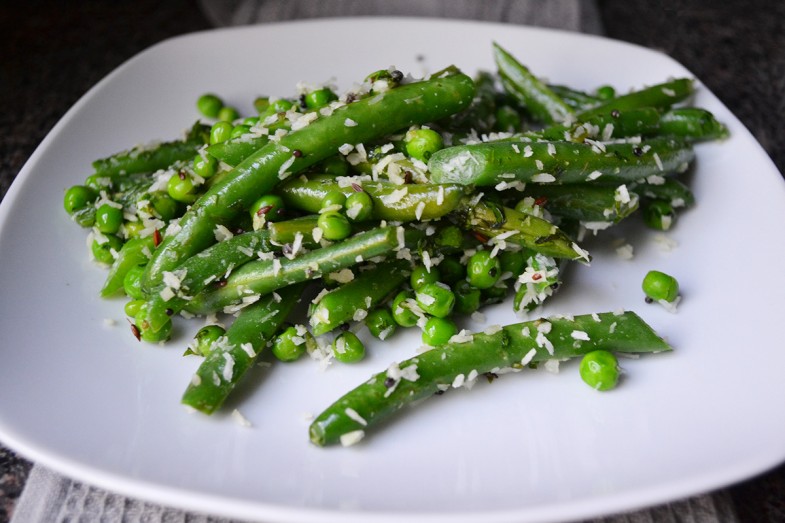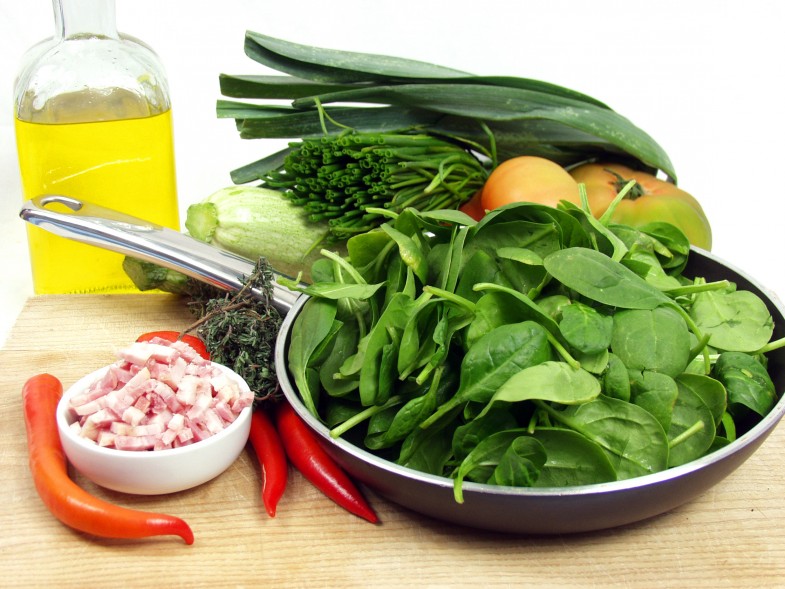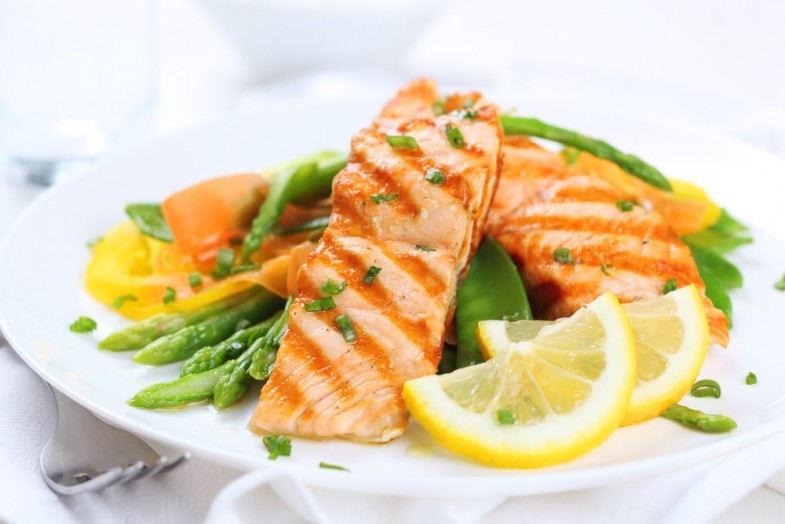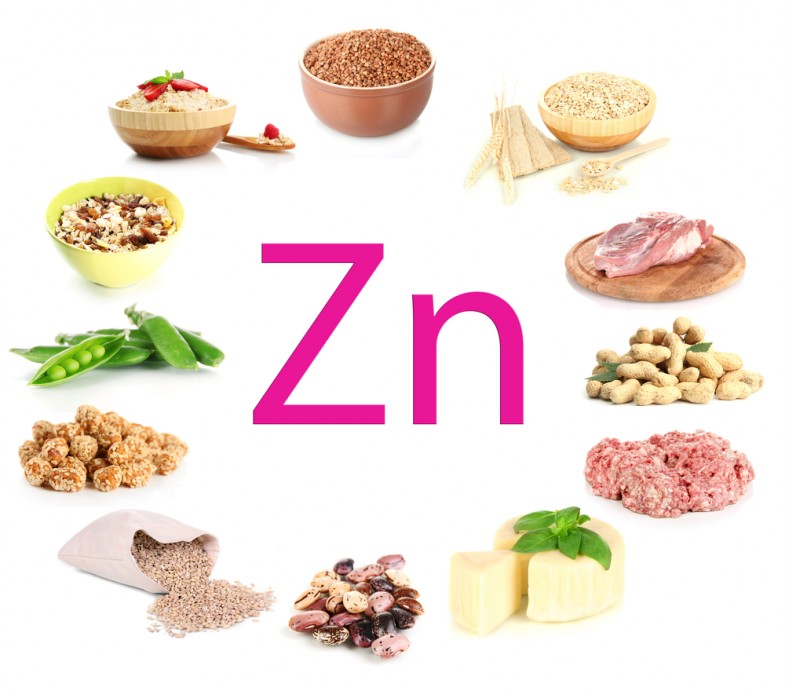
There have been a number of studies on the beneficial health effects of hot peppers. One can do a search online and find a wealth of information touting adding hot peppers or cayenne pepper to your diet.
Health Freedom Resources lists five foods that will help boost your immune system and help lessen your chances of catching a cold or the flu. The five foods they list are:
1. Garlic: Contains allicin which helps fight off and kill bacteria and viruses. Helps to stimulate the immune system and ward of colds and flu.
2. Onions: They contain quercetin, which breaks up mucus in your head and chest and helps to boost the immune system. Onions also contain allicin which helps kill some bacteria and viruses and slows down the spread of others. Did you know that when you smell onions and your eyes tear and your nose runs, that it is also stimulating your immune system to fight infections?
3. Ginger: They contain shogaols and gingerols that help stimulate blood circulation and opens your sinuses. Ginger also helps sooth sore throats and helps remove mucus from the chest by making you cough.
4. Horseradish: Horseradish causes the body to heat up and encourages coughing which helps to breakup and expel mucus. It also increases blood flow that helps to flush out infections.
5. Cayenne pepper: Contain capsicum, which is a big source of vitamin C, which is a boost to the immune system. They also contain high amounts of antioxidants and beta carotene, which help boost immune system. They raise body temperature causing someone to sweat and increase immune system activity.
Another website, FitnessMagazine.com, also lists five foods that help fight colds and flu. Their list includes: whole grains, bananas, cayenne peppers, sweet potatoes and garlic.
However, there was one unofficial study about the beneficial effects of hot peppers in helping to prevent colds and flu. You will not find it anywhere on the internet or in any scientific or medical journal. I seriously doubt that it was ever published, but in my opinion, is THE most compelling study ever conducted.
When I was college, one of my classmates, Ben (he was in several of my classes), came from a copper mining town in east-central Arizona. His dad ran a local drug store and was the pharmacist. At the time, the town was small enough that virtually everyone relied on this drug store for many of their needs.
At the time I knew Ben and had the opportunity to meet his dad, I learned of a simple study his dad had been conducting for the past 15-years. Since he knew practically everyone in town, he also knew who was catching colds and the flu and who weren’t. Along with their names and how frequently they got sick, Ben’s dad always asked one question – did they eat hot peppers on a daily basis? He had 15-years of data that showed that the vast majority of people who caught colds and the flu either never ate hot peppers or only had them infrequently. Almost all of the people who rarely or never caught a cold or the flu, ate hot peppers daily. Oh, he checked a number of other factors, but the only single factor that he could point to as making a difference was the daily ingestion of hot peppers. Those who did, rarely got sick and those who didn’t were the ones that regularly got sick.
Take it for what you will, I just thought I would share this unknown study with you and let you make your own decisions. If you do catch colds and get the flu, do you eat hot peppers daily? Think about it.


